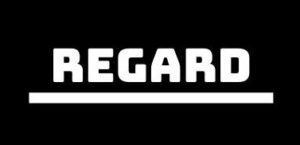In the USA, the first approval was given for the Pfizer-BioNTech vaccine to be administered to individuals between the ages of 12-15. The clinical trial extending the age range of the Pfizer vaccine was conducted on 2260 subjects.
While the coronavirus pandemic, which affected the whole world, was continuing, the first approval was given in the United States for the Pfizer-BioNTech vaccine to be administered to individuals between the ages of 12 and 15. The American Food and Drug Administration, or FDA, describes the development as “a big step in the fight against the Kovid 19 outbreak”.
The director of the institution, Doctor Janet Woodcock, said with this confirmation that “the return to normal and the end of the epidemic is a little closer”. In his statement, Janet Woodcock also spoke to the families, asking that there is no doubt that the institution carried out all evaluations in a “meticulous and detailed” manner during the approval process.
The clinical trial extending the age range of the Pfizer-BioNTech vaccine was conducted on 2260 children between the ages of 12 and 15. Participants received either two doses of vaccine or a placebo. According to the results of the study, 18 children in the placebo group had symptoms of coronavirus, while no cases were found in the vaccine group.
If the vaccine is approved by the American Center for Disease Control and Prevention (CDC) after the approval of the US Food and Drug Administration, the vaccination of adolescents can be started.
Vaccination conditions
Some major universities in New York and Oregon are joining higher education institutions that are preparing to introduce vaccination requirements for students and staff for re-education.
US President Joe Biden said last week that the country is aiming to administer at least one dose of vaccine to 70% of the population by July 4, when the independence day celebrations take place.
While mask-wearing rules have been loosened in most of the country, economic activity has resumed in many states, but the decline in demand for the vaccine worries the authorities.
Wisconsin, Iowa, Connecticut, South Carolina, North Carolina, and Washington states have reduced demand for vaccines from the federal government.

